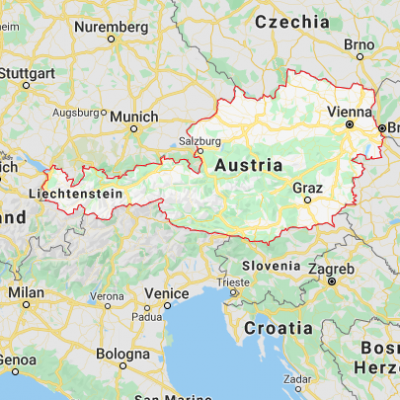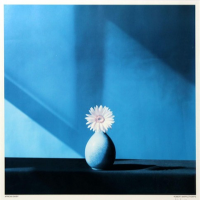
Austria
Contemporary art in Austria is a vibrant and dynamic field, with a rich history and a thriving present. The country is home to world-class museums like the Albertina and the Mumok in Vienna, which regularly host exhibitions of contemporary art. These institutions not only showcase the works of Austrian artists but also promote international artists, making Austria a significant player in the global contemporary art scene. Two of the most renowned contemporary artists from Austria are Hermann Nitsch and Valie Export, who have made significant contributions to performance and media art. The contemporary art scene in Austria is not just confined to museums; it is also very much alive in public spaces and alternative art venues. This diversity and dynamism make contemporary art in Austria a fascinating field to explore.
Map data ©2020 Google- Show All
- Established
- Discoveries
ARTWORKS RELATED TO AUSTRIA
Hermann Nitsch
Das Sechstagespiel des Orgien Mysterien Theaters, 1998
Limited Edition Print
Etching
EUR 1,750
Hermann Nitsch
Ohne Titel (orange and yellow), 2012
Limited Edition Print
Etching and Aquatint
Currently Not Available

Textile refers to a flexible material made by weaving, felting, crocheting, knitting, or knotting long strands of natural or synthetic yarn or thread. Textile artists often create their own materials or use selected textiles in fabric art compositions, incorporating a wide range of textures and patterns.

Feminist art refers to the art that emerged from the feminist art movement during the 1960s and 1970s. It developed with the intention of critiquing 20th-century gender ideals and challenging the traditional canon of art history. Feminist art seeks to create a dialogue between the artwork and the viewer through a feminist lens, often addressing issues of gender, identity, and social justic

Photogravure is a high-quality printing process that involves etching a photograph onto a copper plate. The plate is inked and pressed onto paper, producing fine art prints with detailed, soft tones and rich textures. Developed in the 19th century, photogravure is renowned for its ability to create art reproductions with exceptional depth and subtlety.




















